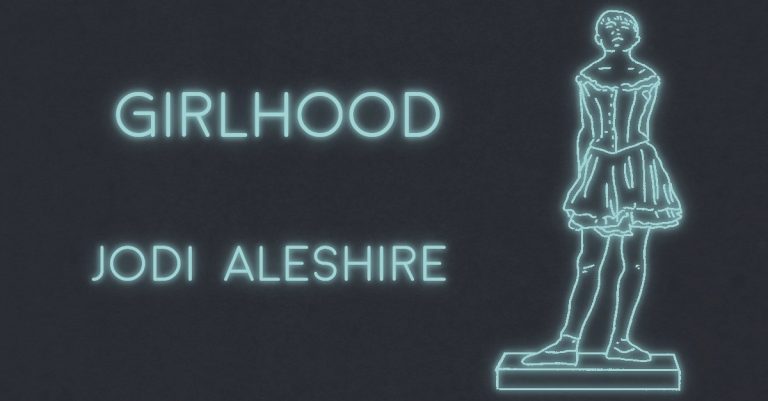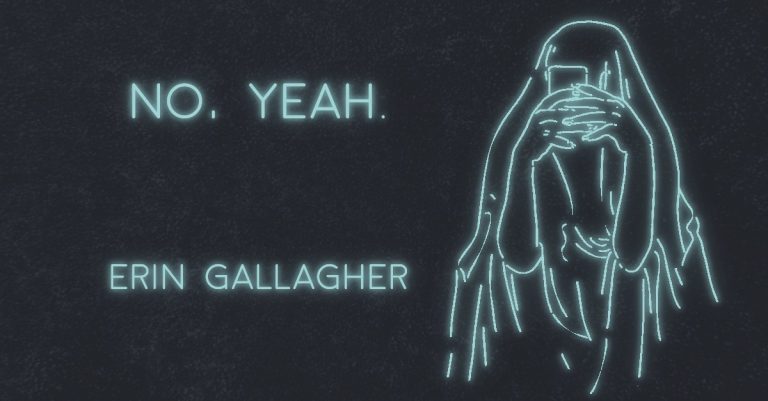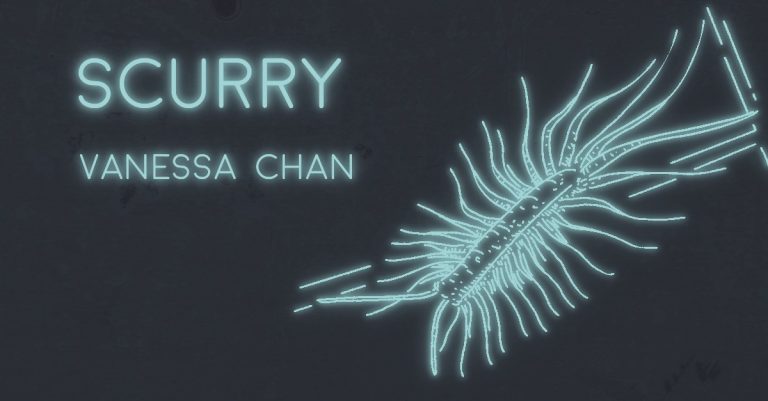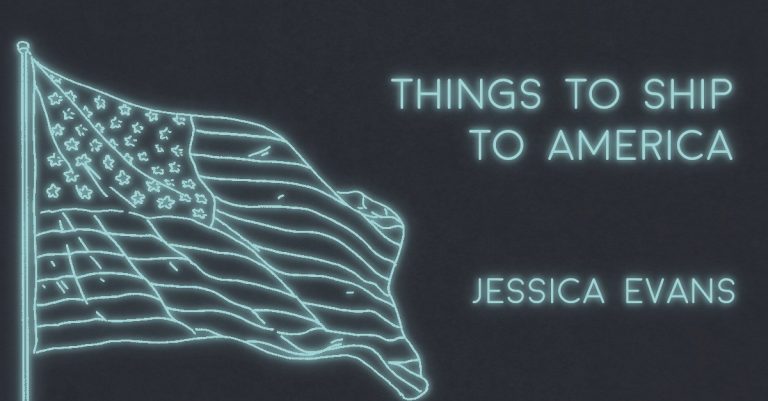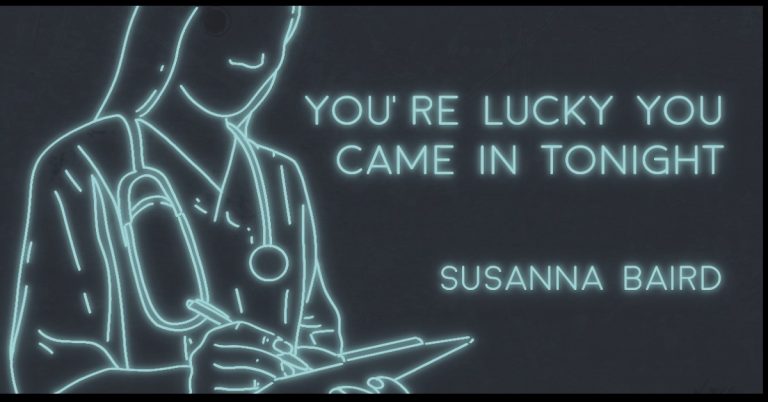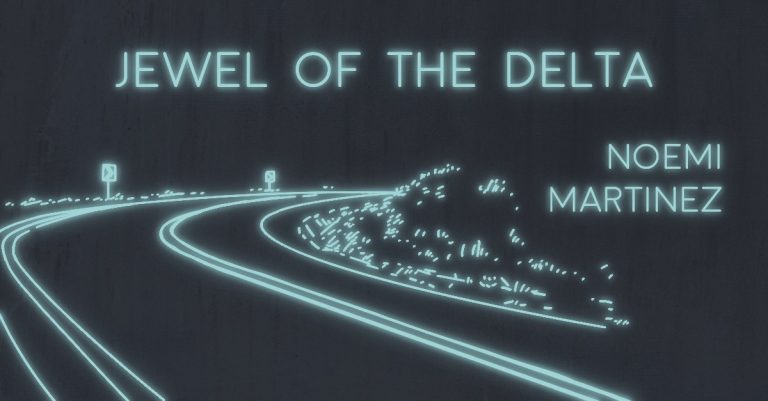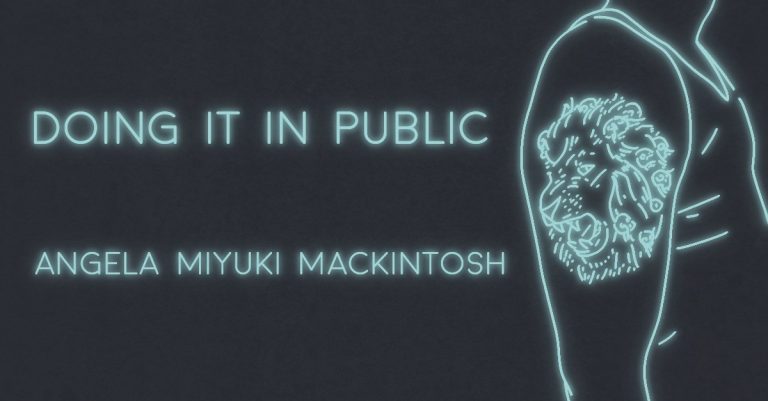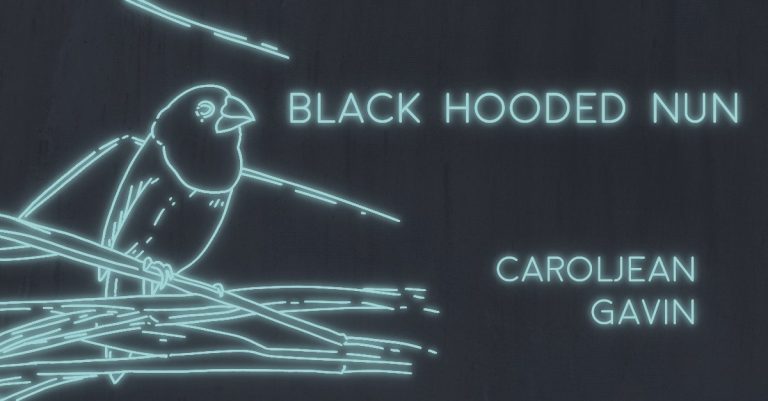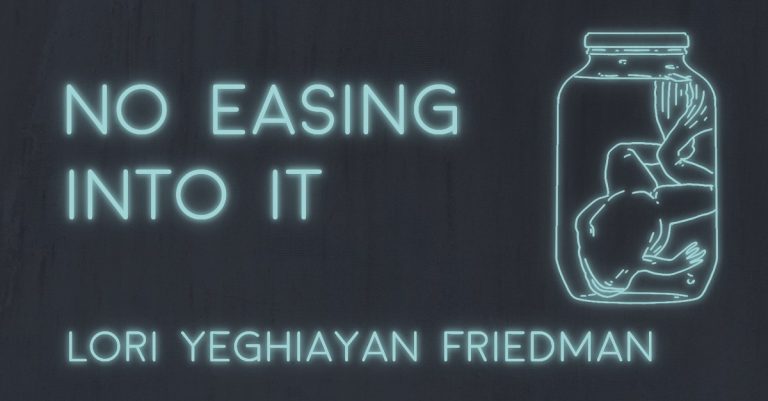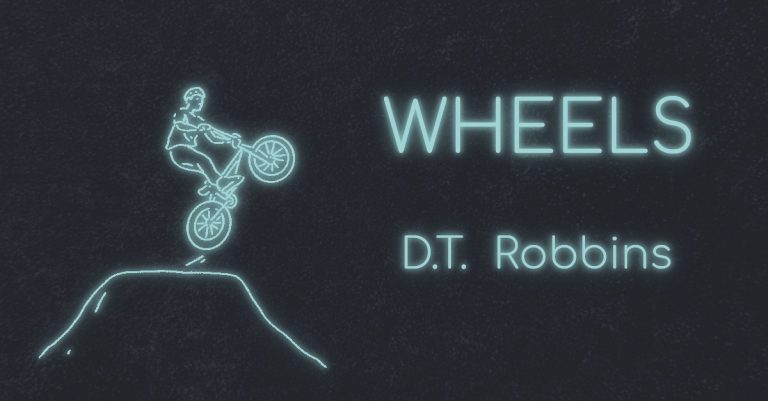
WHEELS by D. T. Robbins
Fat-boy Brad, the same Brad who went, Hey, Cheese Factory!, to me on the bus because my teeth are a little yellow, stood in the middle of the street with Chris, the same Chris who almost drowned me in his pool last summer showing me what a washing machine was (you flip someone over and over and over and over until they can’t catch their breath and they start to cry and someone’s mom comes out and yells, What the hell are you doing to that boy?), looking at my bike, telling me how fucking gay it is because it’s white and only queers have white bikes, and am I a queer? I tell them my dad says I’m getting a new bike soon, maybe for my tenth birthday coming up, a Mongoose BMX bike with pegs, so Parker can ride on the back and we can jump the ramps we made in the woods behind his house. I look at Parker, he looks away. Brad and Chris go, if you’re getting a new bike you should just fuck this one up. I ask what they mean and they say they’ll show me. Chris stands on the back wheel while fat-boy Brad stands on the other. They start jumping and the wheels start bending and Parker starts laughing so I laugh too because Parker and I are fourth graders and Brad and Chris are seventh graders and that’s just how it works. Like that, they say. I get to walking my bike back to my house on the other side of the neighborhood but then I think dad’s going to be pissed so I start crying as I’m walking. Sure enough, dad sees the bike and flips out and starts asking what happened and I say it wasn’t me but I don’t want to say who did it because Chris already almost killed me once and who knows if he’ll try again? But I end up telling dad and we get in the car and dad’s driving around the neighborhood looking for fat-boy Brad and Chris and when we find them dad hops out the car and gets in their faces and asks what the hell is their problem doing that to a boy’s bike? They say I told them they could and dad says he doesn’t care if I said they could or not, it doesn’t give them the right to destroy someone else’s property. Dad tells them if they ever come near me or my bike again he’ll…and I don’t really hear or understand that part very well. Dad drives us back home but the whole time he’s hollering at me and telling me I shouldn’t let boys like that pick on me and I need to stand up for myself and act like a man. We get in the house and mom asks what happened but dad ignores her and gets his belt instead. I don’t get the Mongoose BMX bike for my birthday.
***
I know dad only bought me this Jeep—an ’89 Suzuki Samurai—to keep me from starting any more shit. Guess he got tired of me calling the cops every time he shoved me down the hallway after I told him my little brother and I want to leave shithole Mississippi and go back to California to live with mom, that I called him a deadbeat dad since he didn’t pay child support (because fuck your kids, right?) and that’s the only reason mom couldn’t afford to fly down to Louisiana for the court hearing and that’s the only reason he got custody of us instead of her. He thinks buying me this Jeep is going to keep me happy and quiet because that’s what keeps every sixteen-year-old happy and quiet. Except he’s wrong. All it’ll do is keep me away from him and the stepmother. Well, seeing as how it’s the first day of spring break, I decide to get the hell out of the house and go somewhere, anywhere. The Jeep is parked in the garage because dad wanted it out of the driveway this morning when he was washing and waxing that turd green Camry he’s trying to sell. He and the stepmother left for work so I’m alone and there’s only so many times I can jerk off and, besides, there’s a girl who’ll let me touch her tits so I think I’m going to see her. I grab my keys and throw the Jeep in reverse and haul ass. At first, the crunch of metal on metal is muffled by the Jeep’s exhaust but when I back out further I see the whole side of the Camry torn to shit—dents six inches deep, black lines and scratches like the striking surface of a matchbox, the side mirror dangling by a single wire. I start screaming, oh fuck fuck fuck fuck fuck, and jump out the Jeep to see the damage. I’m dead and I know it. I call the girl who lets me touch her tits and she doesn’t know what to do so I call the stepmother. I tell her dad is going to kill me and I’m really sorry, I should’ve looked behind me when I went in reverse, can she please talk to dad because I’m afraid of what he’ll do to me.
Dad and the stepmother pull up in her truck and dad steps out and starts inspecting the Camry. I look at the stepmother and she raises her hand like, calm down it’s okay. Dad looks at her, then me. You’re grounded for a month, he says and walks into the house.
***
The judge says I’m old enough to choose who I want to live with.
Dad sits up in his bed. The stepmother pulls the blanket over her face. It’s cold. It’s always fucking cold in this house. He asks, what’re you going to do? I’m going back to California, I say. He tells me I’m making a mistake, says the Jeep stays with him.
***
The car mom’s been letting me use to get to my job at the movie theater just got repossessed and she says if I want a new one then I can call dad and ask him for the money because she doesn’t have it. I don’t want to fucking call him. It’s not that it’s been three years since I’ve been back in California or that he never came to my high school graduation or that he’s still trying to get custody of my little brother. What I don’t want to tell him is that we’d just been homeless for the past six months or so because mom got us evicted from our house in Ontario. Mom says she couldn’t pay the rent because dad wasn’t paying child support but somehow she could afford to pay for the new furniture, somehow she could afford to take that trip up north to see that guy she’s been talking to. I don’t want to call dad because I want to talk to someone about all of this but I sure as shit don’t want that someone to be him. Fuck. I still need a car and I still have no one else to ask for help. The movie theater pays shit and most of my money goes to helping with groceries or the cell phone bill we’re behind on. When he answers, he sounds tired. His voice is softer. Not a whisper, but close. I ask what he’s doing, he says he’s feeding a bottle to my new baby sister, Grace. We talk about that, how she’s doing. He says everything’s great, they’re all great. I say, good. He says, I’m sorry, son. If I had the money, I’d give it to you, I really would. He says he wants to help me. I say I know he does, and I mean it. After we hang up, I get in bed and cry into my pillow for a really long time.
***
I just wired you five thousand dollars your grandma wanted you to have when she passed, dad says. I ask how things have been since she died. Someone finally ended up buying her house, so that’s a weight off his shoulders. We talk about my brother and sister, Grace and Graham—how smart Grace is, how she’s kicking ass in all these speech debates at her high school. Graham is Graham, loves his video games. He asks how my kids are. He wants to see them one day, says maybe the kids and I and my fiancé should visit Mississippi next Thanksgiving or something. He asks if things have gotten easier with my ex-wife, if we’re getting along. I tell him that things are better, getting better, there’s good days and bad days. It’ll all work out, he says. He thinks I should put the five grand toward a new car.

